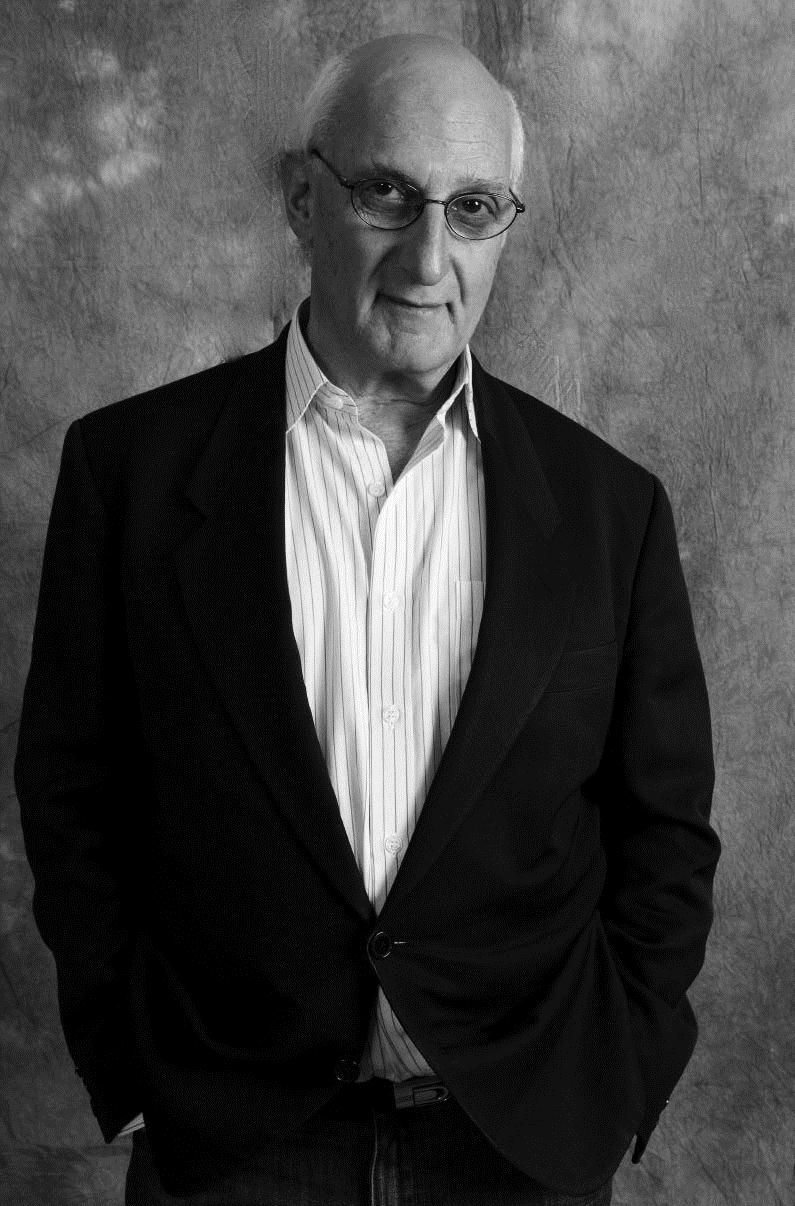‘Only we humans can know’: David Malouf and war
Keywords:
David Malouf, war literatureAbstract
In 'The Middle Parts of Fortune' (1929)—perhaps the best narrative of the Great War—Australian author Frederic Manning asserted that ‘there was nothing in war which was not in human nature’ (128). Eighty years after Manning, in 'Ransom' (2009), Malouf returns to the classical world to give us an emotive, complex consideration of the events which provide the basis for Western civilisation’s oldest surviving war narrative, 'The Iliad'. 'Ransom' is not Malouf’s first exploration of war, though it marks a movement into a mythic rather than a liberal, realist interpretation. Through 'Fly Away Peter' (1982) and 'The Great World' (1990), we can trace Malouf’s multilayered exploration of the place of war in both individual story and cultural history. In particular, Malouf explores the ways in which war is both shocking and ordinary, delivering a complex appreciation of this recurring aspect of human experience.Downloads
Published
2014-04-23
Issue
Section
Articles
License
The copyright for articles in this journal is retained by the author(s), with first publication rights granted to the journal. By virtue of their appearance in this open access journal, articles are free to use with proper attribution in educational and other non-commercial sectors.Attribution-NonCommercial-ShareAlike 2.1 Australia
This work is licensed under the Creative Commons Attribution-NonCommercial-ShareAlike 2.1 Australia License. To view a copy of this license, visit http://creativecommons.org/licenses/by-nc-sa/2.1/au/ or send a letter to Creative Commons, 543 Howard Street, 5th Floor, San Francisco, California, 94105, USA.
How to Cite
‘Only we humans can know’: David Malouf and war. (2014). Journal of the Association for the Study of Australian Literature, 14(2). https://openjournals.library.sydney.edu.au/JASAL/article/view/9890

